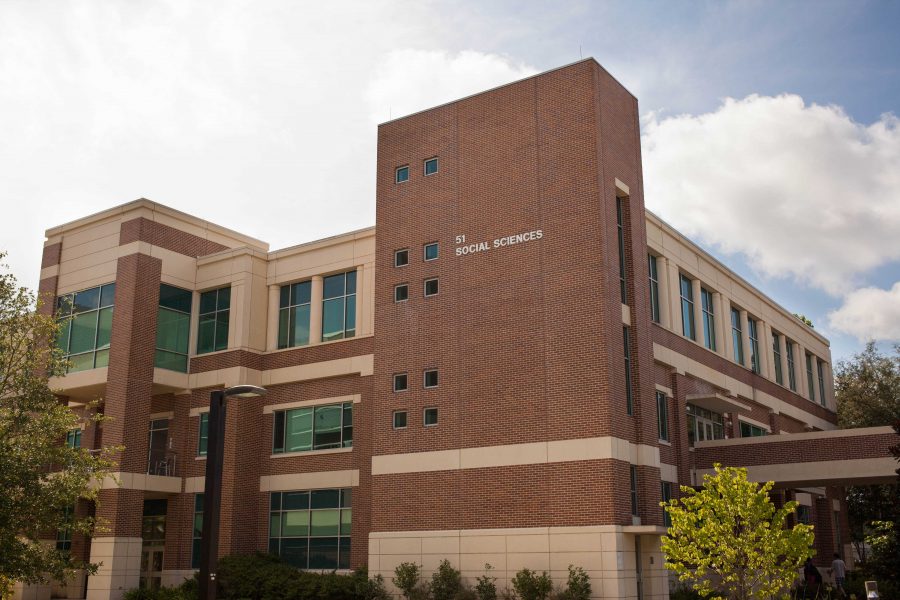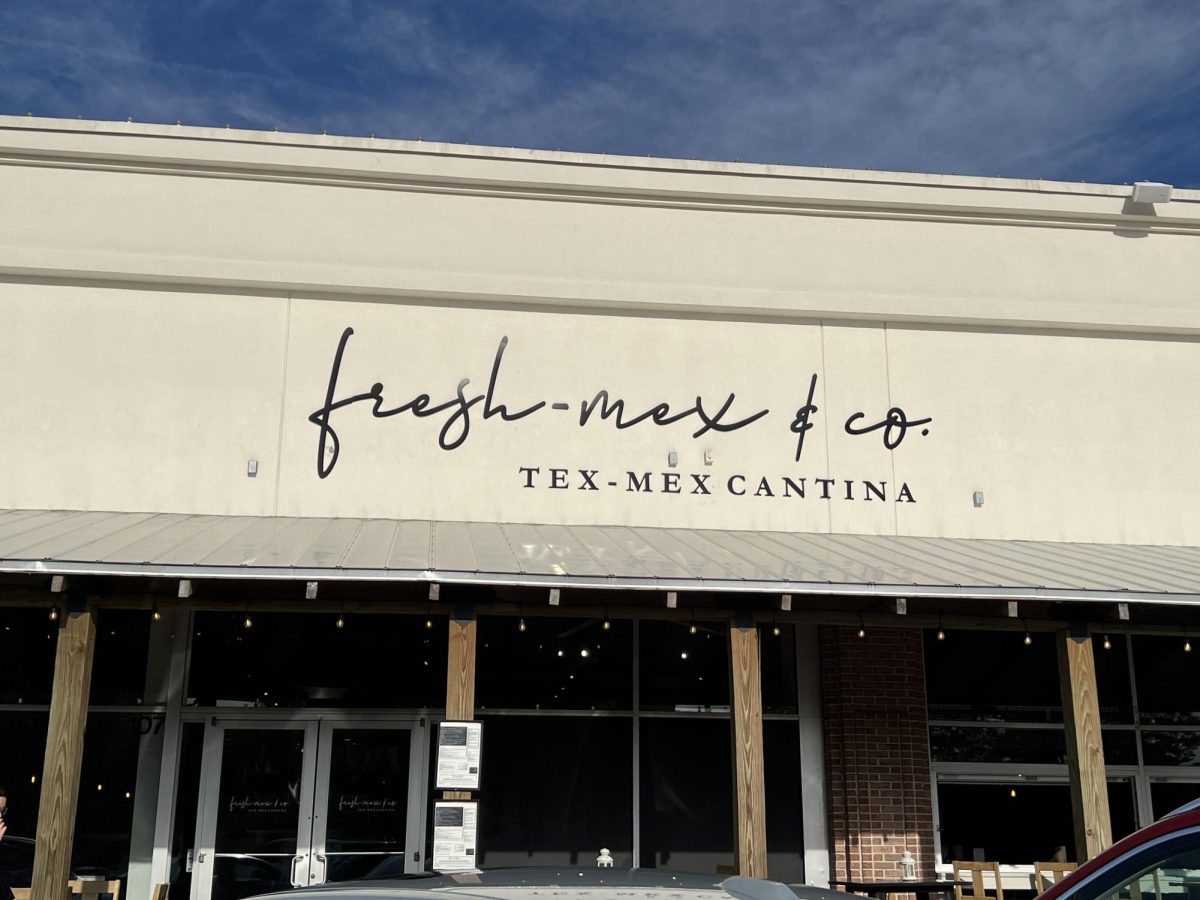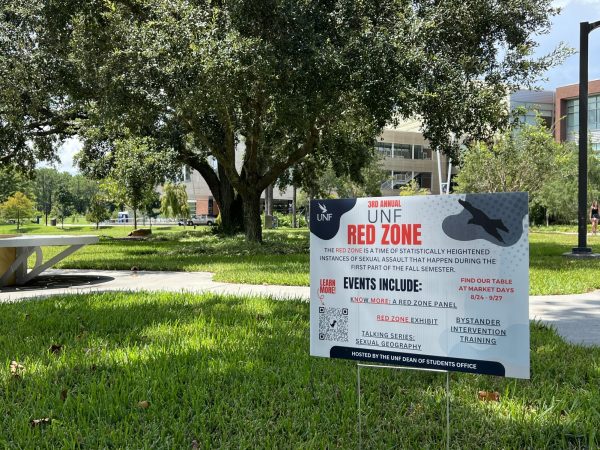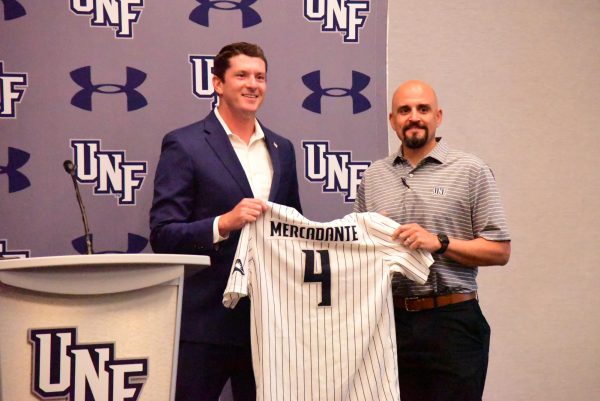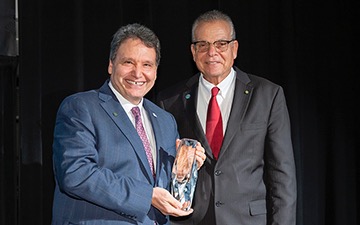UNF poll: Trump 45% approval of addressing COVID-19
April 6, 2020
A UNF Public Opinion Research Lab poll has found 79% of respondents were concerned with personally contracting COVID-19.
The poll was released Monday, April 6 and also polled respondents on approval ratings for President Donald Trump and Florida Governor Ron DeSantis’ handling of response to the COVID-19 pandemic.

Photo courtesy of PORL
President Donald Trump polled with 45% “strong or somewhat strong” approval; 53% disapproved, according to the poll. Among Republicans, his approval is higher, sitting at 85%. With Democrats, only 12% approved of the President’s response to the pandemic.
Florida Governor Ron DeSantis came away with 51% approval and 46% disapproval.
Dr. Anthony Fauci, the Director of the National Institute of Allergy and Infectious Diseases (NIAID) and advisor to six different presidents over the years, polled the highest approval numbers for addressing the pandemic: 85%.
On the local level, Jacksonville Mayor Lenny Curry came away with a 70% approval and 24% disapproval.
“Among Republicans’ approval numbers, DeSantis (76%) and Trump (85%) are doing very well despite the national criticism about their response. However, no elected officials are receiving the levels of approval that Dr. Fauci has garnered,” Michael Binder, Director of the Public Opinion Research Lab, commented in a press release on the findings about the disparity between Fauci’s approval and the Republicans approval rating.
When asked if they were more concerned with the public health impact or the economic impact, respondents indicated that they were more concerned with public health (67%) than with the economic impact (31%) of COVID-19.
On more political questions, respondents were asked on the likelihood they would vote for Joe Biden if he was selected as the Democratic candidate.
Of the respondents, 46% indicated they would vote for Biden; 40% indicated they would vote for Trump. The sample pool consisted of 3222 individuals.
“I would exercise caution when looking at these numbers,” Binder warned. “First these are registered voters – not likely voters; second, the campaign season has screeched to a grinding halt and people are rightly less focused on politics.”
__
For more information or news tips, or if you see an error in this story or have any compliments or concerns, contact [email protected].










